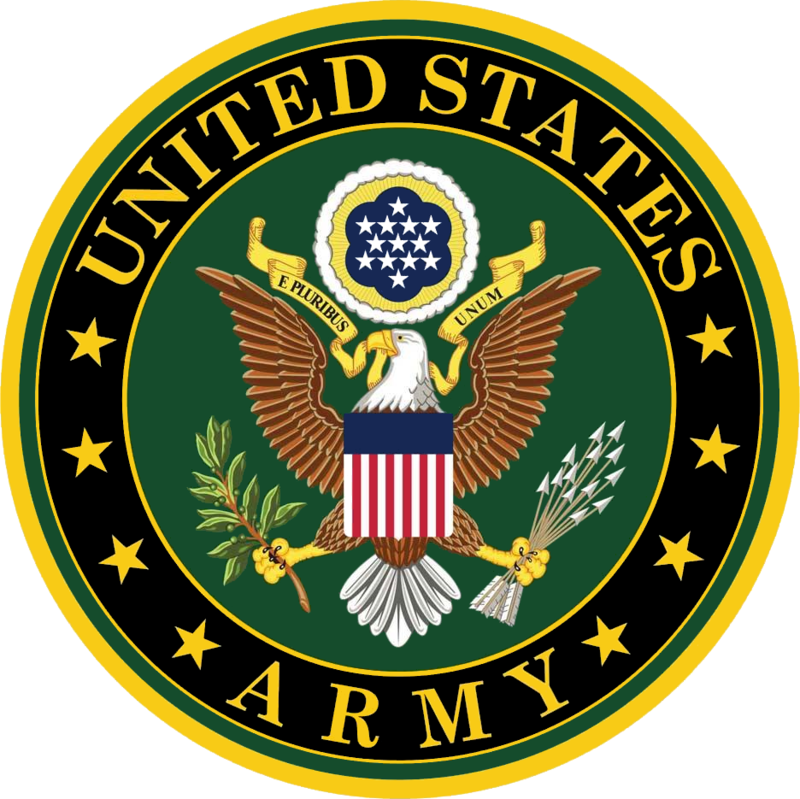ABOUT 3671st Heavy Duty Maintenance
- Origins: The 3671st Heavy Duty Maintenance unit was established during the Cold War era to provide specialized repair and maintenance for heavy military equipment, particularly for armored and mechanized units.
- Strategic Location: The unit was stationed at various key bases in Europe, including support roles in Germany, to maintain NATO readiness during heightened tensions with the Soviet Union.
- Role in Exercise REFORGER: The 3671st played a crucial role during Exercise REFORGER (Return of Forces to Germany), ensuring rapid repair and turnaround of tanks and trucks used in massive NATO maneuvers.
- Vietnam War Support: Elements of the unit deployed to support US forces in Vietnam, focusing on keeping vital supply convoys and armored vehicles operational in harsh jungle conditions.
- Innovative Repairs: The unit became known for its improvisational skills, often fabricating unique parts in the field when standard components were unavailable, earning a reputation for ingenuity.
- Cold Weather Operations: The 3671st developed specialized maintenance protocols for heavy equipment operating in extreme cold, supporting Arctic and Alaskan military missions.
- Desert Shield/Desert Storm: During the Gulf War, the unit was mobilized to the Middle East, where it maintained tanks and armored vehicles operating in harsh desert environments, significantly reducing downtime.
- Female Technicians: The 3671st was among the first heavy maintenance units to integrate female mechanics and technicians, setting a precedent for diversity in technical military roles.
- Recognition and Awards: The unit received multiple commendations for efficiency and technical excellence, including the Army Maintenance Excellence Award for outstanding performance during overseas deployments.
- Legacy: After its deactivation, many former members of the 3671st Heavy Duty Maintenance unit went on to become leaders and instructors in military and civilian technical maintenance fields, passing on their expertise to future generations.

